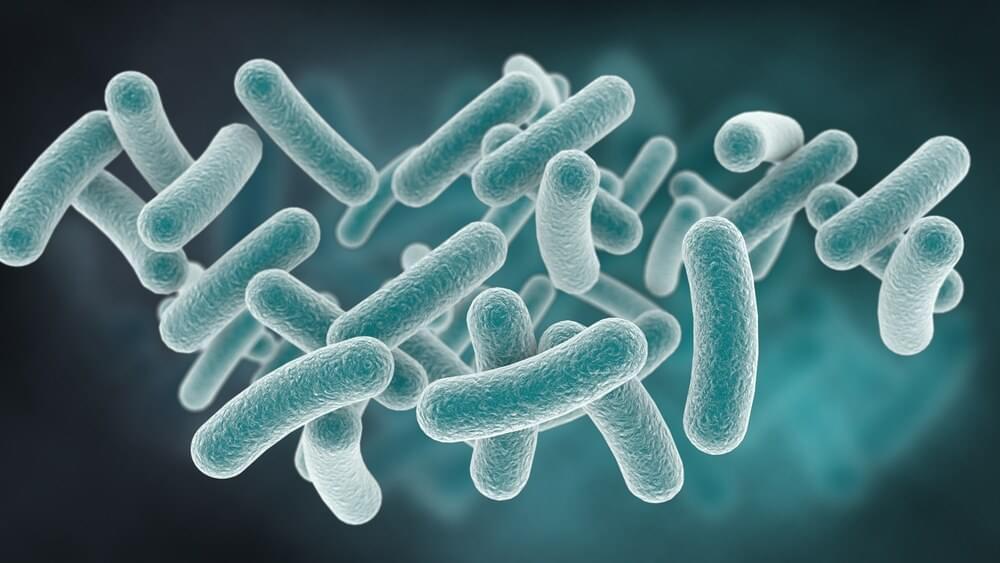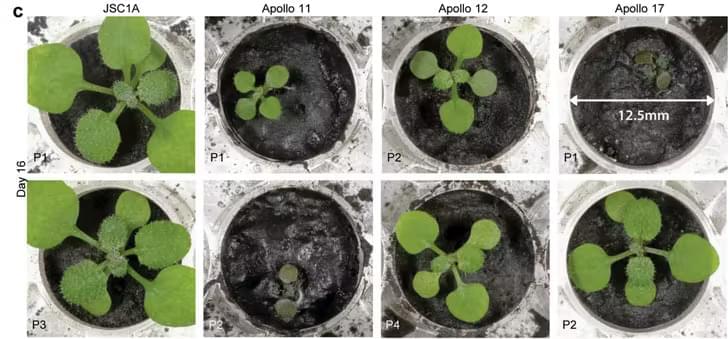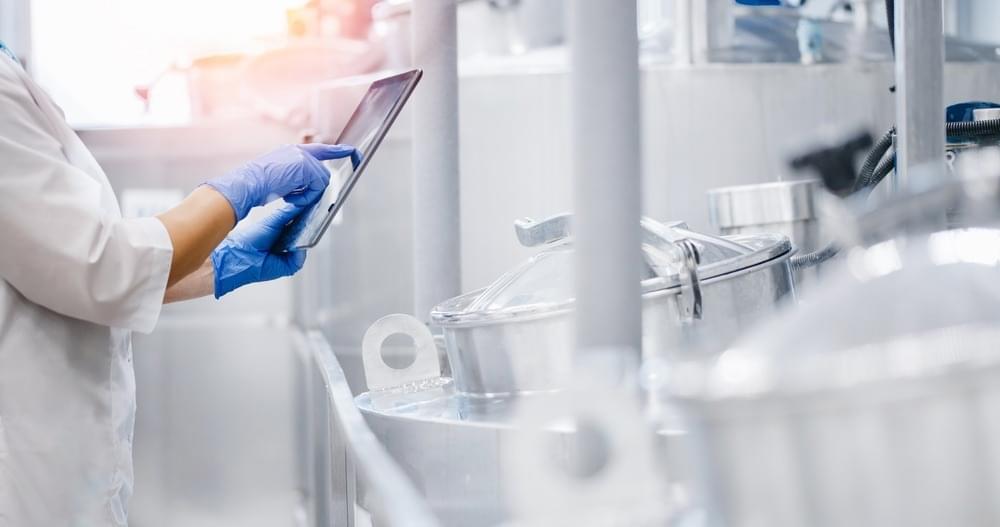Apr 15, 2023
What they thought of aging in 1931
Posted by Montie Adkins in categories: biological, food, life extension
What did scientists think about aging in 1931? That’s right. 1931. because that is the year the first biological textbook was published “The Science of Life”. I managed to get my hands on the first edition of this textbook. This was my face when i first received it. As you can see i was quite excited. And this textbook is made up of separate books. I bought book i last year and i read it. Having enjoyed it and discovered that it was part of this massive ensemble piece — well, i’ve read the first “book” — there are, if my roman numerals are correct, 9 books in total. And in this first book, penned “The Living Body”, the authors, most famously, H.G.Wells, Sir Julian Huxley and G.P.Wells, H.G’s son discusses the body as a machine and that.
“For the present it is enough to remember that all animals (including men) are combustion engines of an intricate and curious kind, which live by oxidising their food”


















